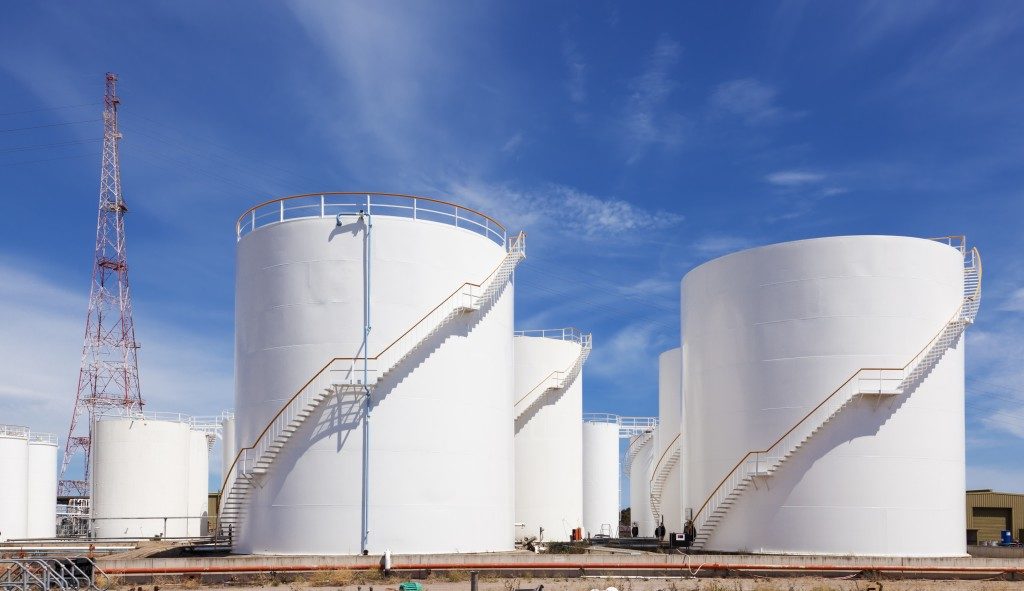Fuels have become a necessity for human beings, and people are using them for heating their homes and running their vehicles. However, fuels such as diesel are volatile and can be dangerous if handled without caution. Storing diesel or any other fuels without care can result in dire environmental consequences and hefty penalties.
Therefore, it has become critical to handle fuel tanks with caution to avoid the risk of pollution. You’re responsible for the safety of your fuel. Fortunately, the following tips will help you store your fuel in a safe diesel tank.
Maintain Your Storage Tank
You should have a certified engineer inspect your fuel storage tank regularly to identify any potential leaks that could lead to a fire. Check the tank at least once a week to spot any sign of rust or corrosion or sudden change in the fuel levels. Risks such as leaks are likely to go unnoticed if you don’t inspect your diesel tank frequently.
Keep the Tank Away from Ignition Sources
Fuels are highly flammable and can be dangerous if not looked after with caution. It might be necessary to store them away from any ignition source to avoid catastrophic consequences. The Oil Firing Technical Association (OFTEC) regulations require that all fuel tanks be separated from fire sources to protect the stored oil or diesel from heat source or fire that may start nearby. You may use a fire protected barrier if it isn’t possible to comply with these measures. Consider investing in fire-resistant tanks over oil storage tanks because they eliminate the need to install costly fire screen walls.
Comply with the OFTEC Regulations
Storing all fuel tanks in an eco-friendly, responsible, and safe way is a legal requirement. Experts recommend the use of sealed oil tanks because they can collect any fuel in case of leakage. Alternatively, place a drip under the tank if it is less than 205 litres to collect any leaking fuel. Your drip trays should be able to hold the capacity of the tank and be compliant with the current regulations. These tanks are available in both steel and plastic. Even the smallest fuel spillage can pollute the environment, and that’s why your storage tank should meet minimum requirements.
Install the Tank in a Safe Location

Experts recommend positioning the tank somewhere away from driveways to minimise the risk of damage. You can also place barriers around it to make sure that no impact can cause a leak or damage the tank. You should avoid keeping the tank in areas that are at risk of flooding or near a source of water.
Of course, it is common sense to store a fuel tank safely and responsibly. Improper storage can cause dire environmental consequences and can be dangerous. Fuel storage regulations are in place to protect the environment and people living around storage tanks from harm.
It is crucial to adhere to these guidelines to protect you, your family, and the surroundings from the risk of pollution and fire. Fuel refilling stations must also adhere to safety practices to protect their clients from the risk of fire. You always have to be cautious when handling any flammable fuels because some are extremely dangerous.

